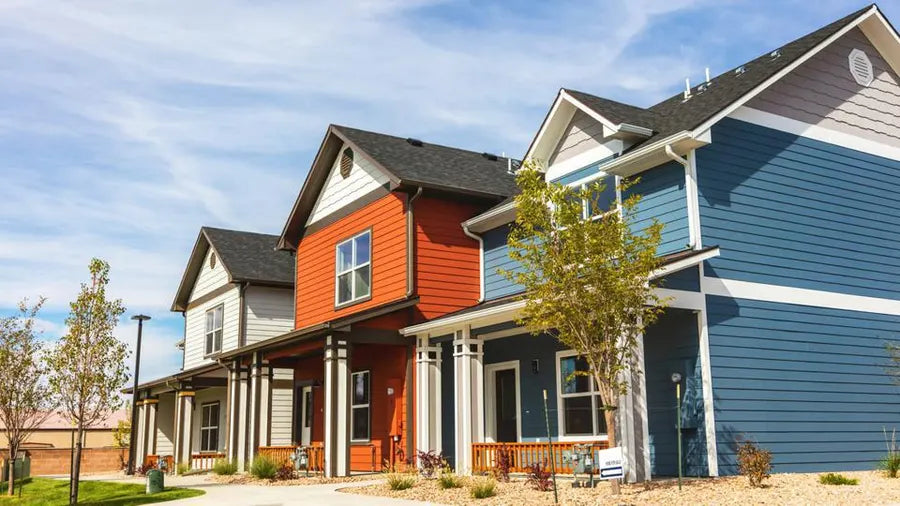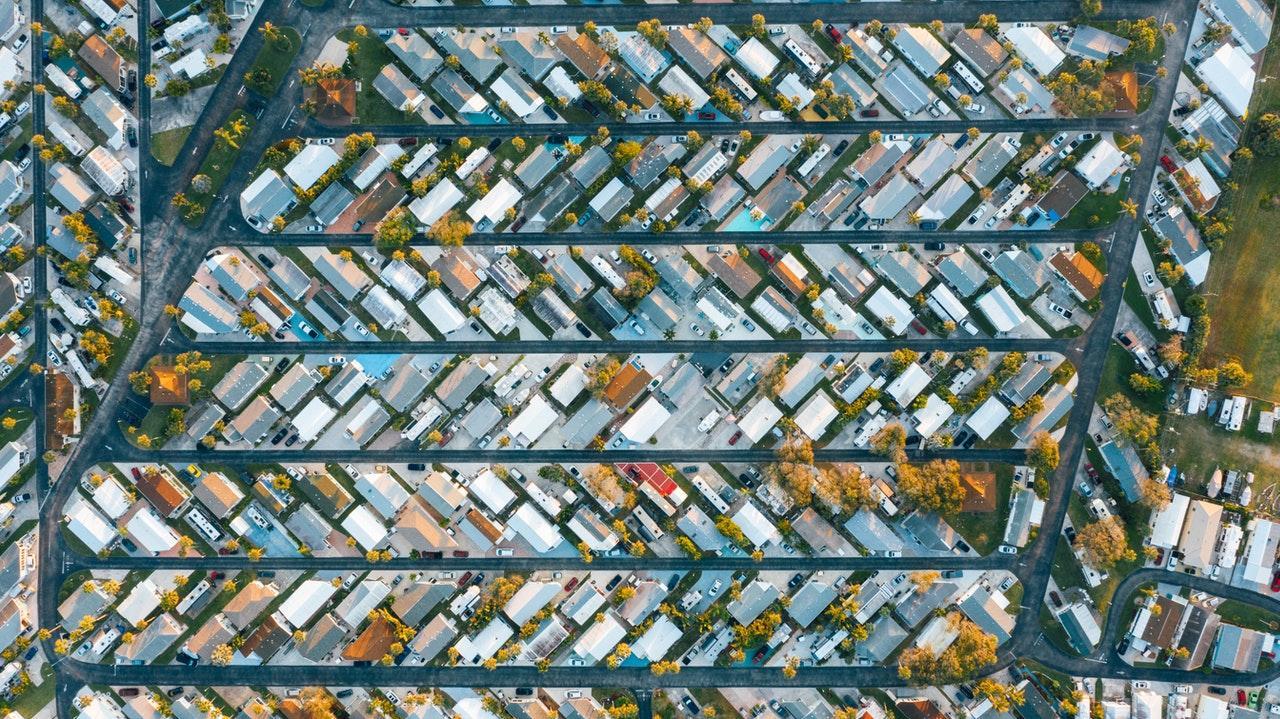"outdated zoning rules'' are making it harder for people in B.C. to find a place to live in their own communities."
- Premier David Eby.
B.C. Housing Minister Ravi Kahlon has introduced legislation aimed at increasing small-scale, multi-unit housing in the province by forcing municipalities to change zoning rules to make it easier to build town homes, multiplexes and laneway houses.
What is changing?
The proposed legislation and forthcoming regulations will permit one secondary suite or one laneway home (accessory dwelling unit) in all communities throughout B.C.
In most areas within municipalities of more than 5,000 people, these changes will also require bylaws to allow for:
- three to four units permitted on lots currently zoned for single-family or duplex use, depending on lot size;
- six units permitted on larger lots currently zoned for single-family or duplex use and close to transit stops with frequent service.
Municipalities covered by the legislation may permit additional density if desired, but cannot have bylaws that allow for fewer permitted units than the provincial legislation.
Quicker Process
The legislation will also speed up local housing development approvals, by shifting local planning and zoning processes to happen up front. It will require municipalities throughout B.C. to expedite and streamline permitting by updating community plans and zoning bylaws on a regular basis, to ensure that they have enough housing to meet the needs of both their current and future residents. This will help create more certainty for both community members and home builders.
New proposed changes will also phase out one-off public hearings for rezonings for housing projects that are consistent and aligned with the official community plans. Instead, there will be more frequent opportunities for people to be involved in shaping their communities earlier in the process when official community plans are updated.
What is changing?
The proposed legislation and forthcoming regulations will permit one secondary suite or one laneway home (accessory dwelling unit) in all communities throughout B.C.
In most areas within municipalities of more than 5,000 people, these changes will also require bylaws to allow for:
- three to four units permitted on lots currently zoned for single-family or duplex use, depending on lot size;
- six units permitted on larger lots currently zoned for single-family or duplex use and close to transit stops with frequent service.
Municipalities covered by the legislation may permit additional density if desired, but cannot have bylaws that allow for fewer permitted units than the provincial legislation.
Quicker Process
The legislation will also speed up local housing development approvals, by shifting local planning and zoning processes to happen up front. It will require municipalities throughout B.C. to expedite and streamline permitting by updating community plans and zoning bylaws on a regular basis, to ensure that they have enough housing to meet the needs of both their current and future residents. This will help create more certainty for both community members and home builders.
New proposed changes will also phase out one-off public hearings for rezonings for housing projects that are consistent and aligned with the official community plans. Instead, there will be more frequent opportunities for people to be involved in shaping their communities earlier in the process when official community plans are updated.

Government Support
To support implementation, the Province will continue to provide local governments with resources to speed up approval processes, including the recently announced $51 million to support local governments in meeting the new density zoning requirements, and $10 million for the Local Government Development Approvals Program.
Three important Questions
Can I build more than one addition unit on my property?
Within municipalities of more than 5,000 people, zoning will allow for three to four units in select areas on single-family or duplex lots, depending on lot size.
A minimum of six units will be allowed in select areas zoned for larger single-family or duplex residential located close to transit stops with frequent service.
What about my Community By-laws?
"Municipalities covered by the legislation may permit additional density if desired, but cannot have bylaws that allow for fewer permitted units than the provincial legislation," reads a release from the Ministry of Housing.
New legislation will also compel municipalities to update community plans and zoning bylaws every five years. A deadline of June 30, 2024, has been set for local governments to bring current bylaws into compliance with the province.
What about Public Hearings?
Public hearings will be phased out for rezoning applications that fall within official community plans (OCP).
Learn More:
Here are some additional and related resources

